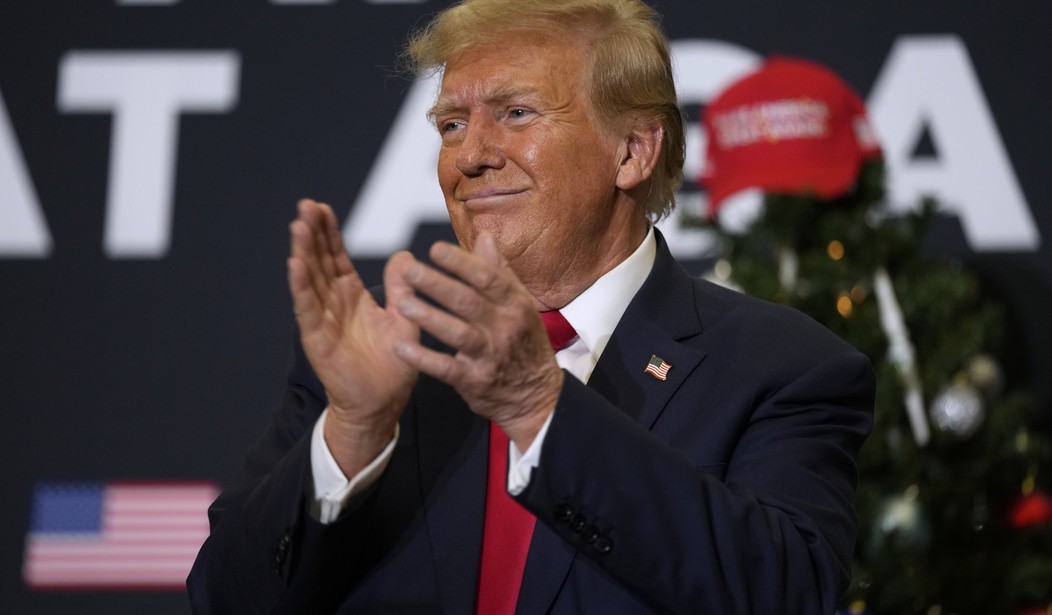The Supreme Court on Friday afternoon rejected a Request for Certiorari Before Judgment filed by Special Counsel Jack Smith in his case against Donald Trump. Smith wanted to skip the normal appellate process after Trump appealed the denial of his Motion to Dismiss the criminal charges filed against him in Washington D.C. on the basis of immunity and have that question go directly to the Supreme Court.
The Supreme Court has denied Special Counsel Smith's request for an expedited review of the case against Trump.
— Techno Fog (@Techno_Fog) December 22, 2023
There won't be a trial in DC before the 2024 election.
No mistake - this is a big loss for the Special Counsel. pic.twitter.com/nCNiiJe5lG
Since that appeal now has to wind its way through the normal process, the March 4 trial date is all but off the calendar.
As RedState columnist Bill Shipley wrote back on December 13, once SCOTUS decided to hear U.S. v. Fischer, a Section 1512 appeal, the prospect of Smith's request receiving a favorable ruling to his request dimmed.
Earlier this month the judge in the case, Judge Tanya Chutkan, denied a Motion to Dismiss filed by the former President based on a claim of absolute immunity for official acts taken while in office. That outcome was not surprising in the least, but what is surprising is that it took nearly two months for the decision to be made, and it was made without the benefit of any oral argument on the motion.
President Trump filed a Notice of Appeal on this issue – not something normally allowed in a criminal case before trial, but a question of immunity is one that can go to the appellate court in this fashion.
Realizing that such a trip to the appellate court would very likely prevent the case from going to trial in 82 days (2024 being a Leap Year) as scheduled, Special Counsel Jack Smith filed a Request for Certiorari Before Judgment. This is a request to SCOTUS – which it can turn down – to have a matter heard without waiting for the matter to first be decided by the appellate court.
When four Justices of the United States Supreme Court voted to hear the Section 1512 case, they knew that would eliminate the need for an expedited briefing on Trump’s immunity appeal. Because the Fischer case would move at the normal speed through the Supreme Court’s briefing, argument, and decision process, the immunity appeal could do the same. With two of the four charges against Trump being based on the Section 1512 statute the Supreme Court is going to review, the D.C. case could not proceed to trial while the Fischer case is under review.
Smith doesn't even have to look in his Christmas stocking to see if Santa thinks he's been bad or good; SCOTUS already filled his stocking with coal.















Join the conversation as a VIP Member